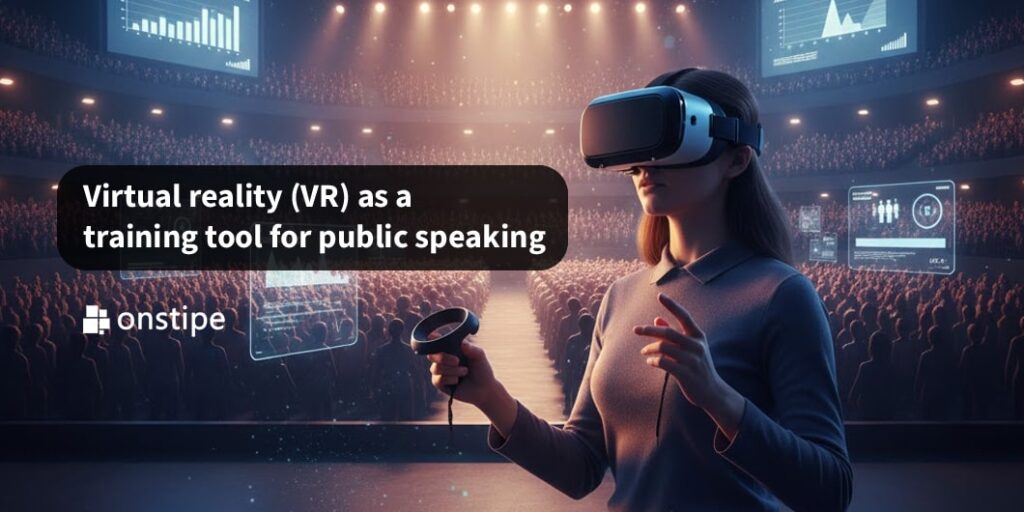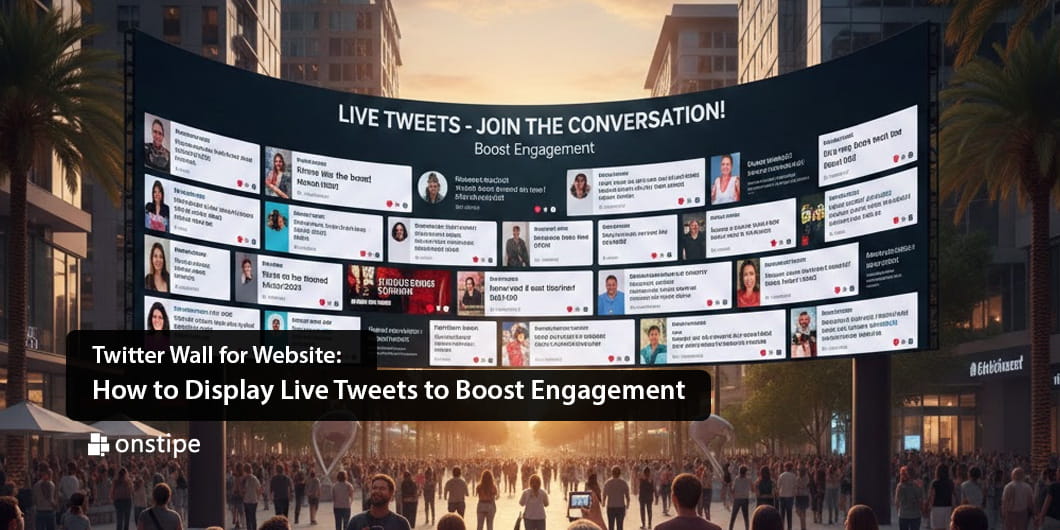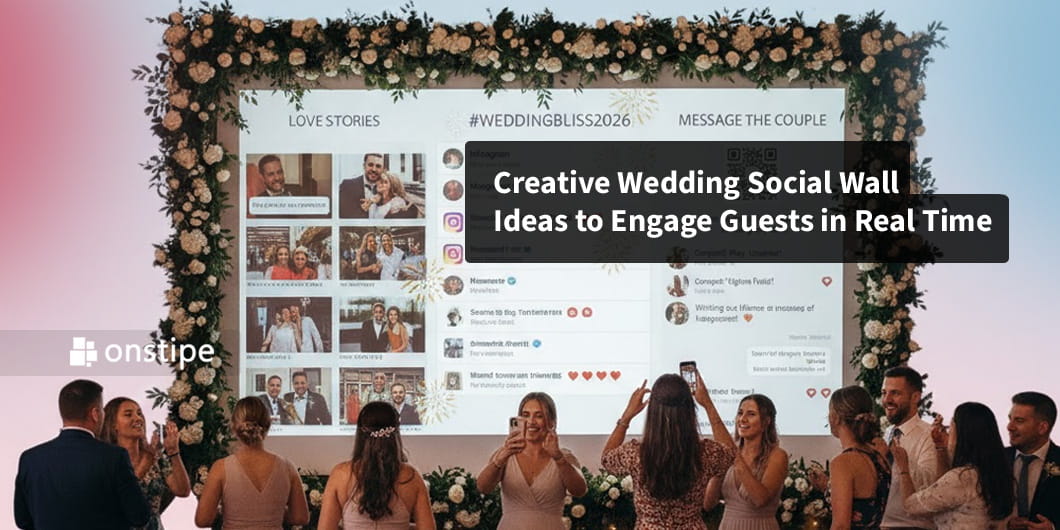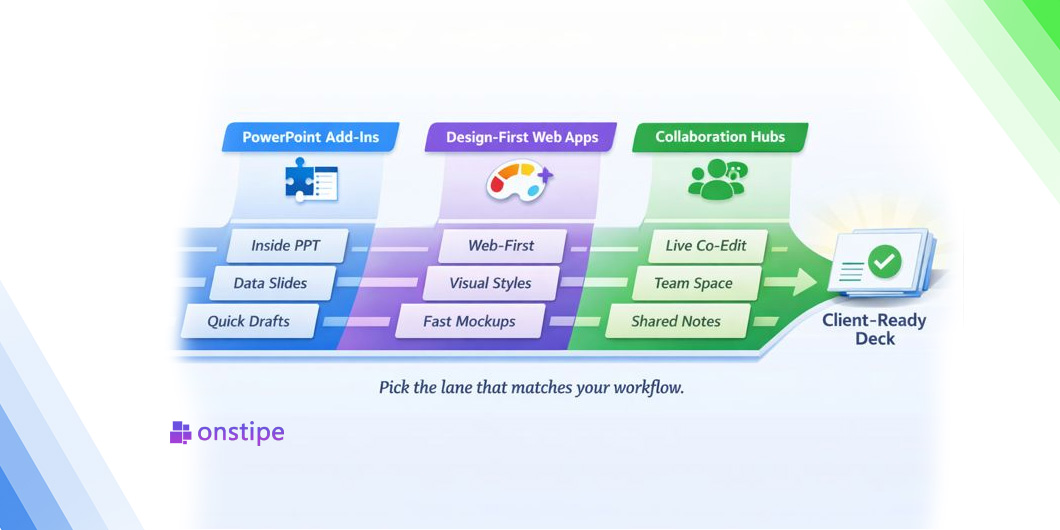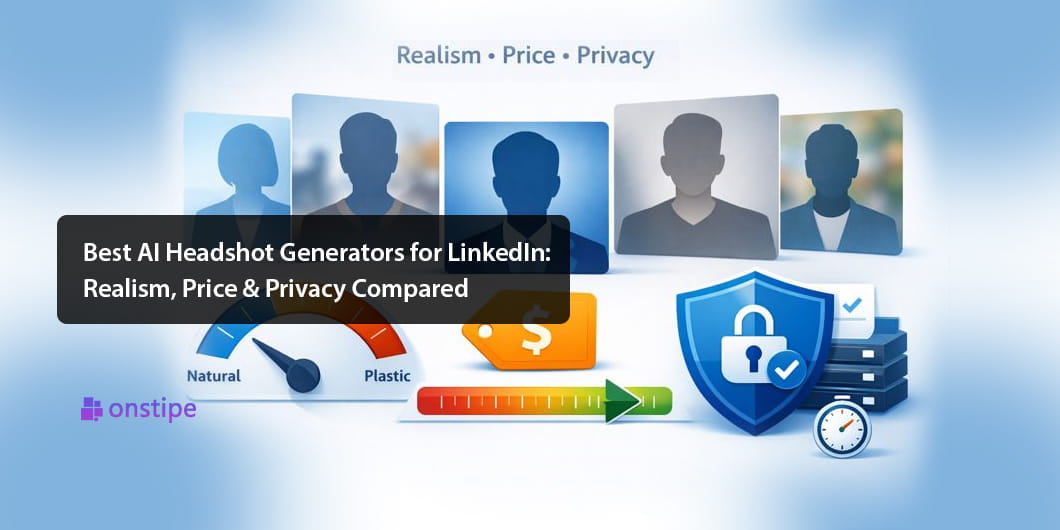Speaking in front of people. The heart races, hands shake, words tangle. Public speaking ranks among the top human fears—above heights and even death for some. But what if the stage could be simulated, the crowd could be programmed, and mistakes could vanish with a single reset?
That’s what virtual reality (VR) training promises. Immersive practice without judgment. According to a Statista report, 75% of professionals who used VR-based communication training felt more confident after just five sessions. Confidence, it seems, can be coded.
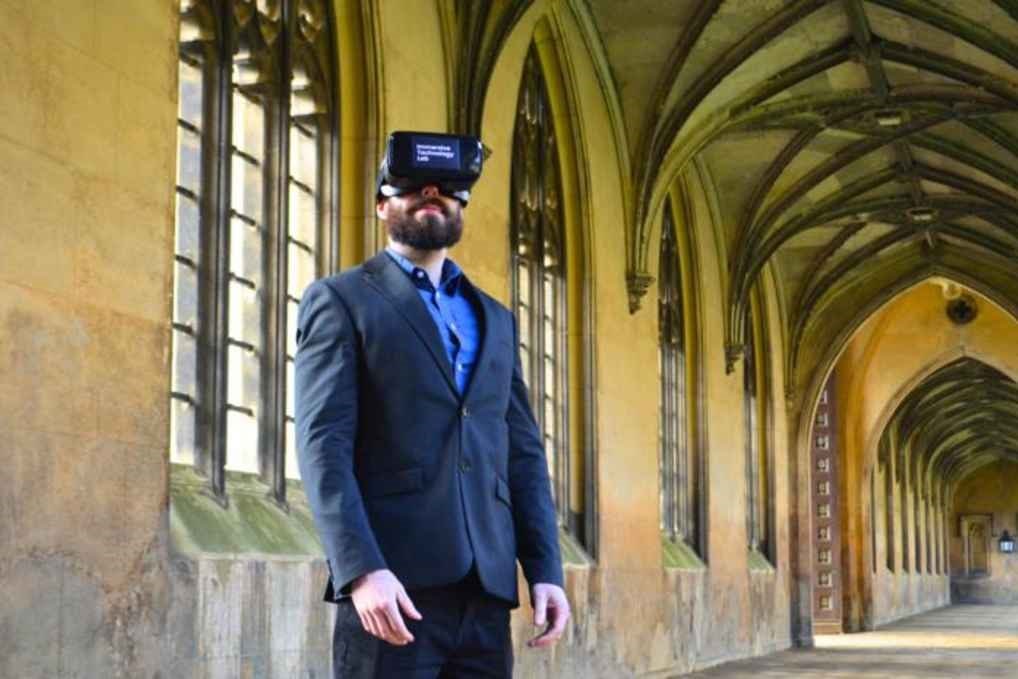
https://www.inavateonthenet.net/news/article/scientist-launches-free-vr-platform-to-eliminate-the-fear-of-public-speaking
Enter the Virtual Stage
In traditional training, learners stand in classrooms or mirror rooms, rehearsing speeches that echo off empty walls. VR changes that. The learner puts on a headset—and instantly stands before a digital audience. The faces are realistic. The lighting shifts. There’s background noise, coughing, phones buzzing. A speech environment that feels alive.
Public speaking software like VirtualSpeech or Ovation allows users to practice in conference halls, auditoriums, or even TED-style stages. Eye-tracking measures where the speaker looks. Voice analytics review tone, pace, and pauses. Every detail gets captured and analyzed.
And yet, what makes VR special isn’t just technology—it’s emotion. People forget they’re practicing. They react, sweat, laugh, and stumble as if it were real.
The Psychology Behind It
Why does VR work so well for this kind of learning? Immersion activates the same psychological and physical responses as real-life public speaking. When someone stands on a virtual stage surrounded by 300 digital attendees, the brain doesn’t fully distinguish simulation from reality.
The environment tricks the senses into believing. Heart rate rises, adrenaline flows—and then, over repeated sessions, those reactions calm. This is exposure therapy, applied through pixels and code.
Psychologists describe this as progressive desensitization. The fear fades not because the situation becomes less intimidating, but because the mind learns it can handle it. Virtual reality provides a safe rehearsal room where failure costs nothing—and progress costs only time.
Beyond the Stage: How VR Shapes Communication Skills
Public speaking is more than delivering words. It’s about connecting. VR tools train posture, eye contact, and even the rhythm of gestures.
Some programs simulate difficult audiences—bored, distracted, or even hostile. This helps trainees prepare for real-world unpredictability. Others let users customize crowd reactions: applause, silence, laughter. Practicing in such dynamic environments shapes resilience and adaptability.
Interestingly, VR’s benefits extend beyond presentations. Corporate trainers have reported a 40% improvement in interpersonal communication among employees who practiced with VR simulations. Team leaders become clearer, sales professionals more persuasive, educators more confident.
Where Fiction and Reality Overlap
There’s another, subtler skill that VR enhances: storytelling. The ability to weave a narrative that holds attention. In this sense, VR and platforms like Fictionme share a common purpose—immersion through imagination.
While VR puts the user on stage, Fictionme places the reader inside a novel. Reading novels online there isn’t passive; it feels participatory. You enter digital worlds, sense tension, feel dialogue rhythm. These could be warrior books, novels online about the exploits of knights, or novels about werewolves. And interestingly, those who read interactive novels online often develop stronger narrative awareness—a skill that translates beautifully to public speaking.
Someone who reads often—especially through immersive platforms like Fictionme—learns pacing. Knows when to pause, when to punch a phrase, when to soften a tone. Reading fiction online becomes an unexpected training ground for oratory rhythm.
From Fictional Audiences to Real Ones
Using free online novels to improve your storytelling skills is a perfectly reasonable and justifiable approach. Imagine combining both: read free dramatic novels online on Fictionme to understand emotional timing, then step into VR to deliver them aloud. A dual exercise in empathy and expression. Moreover, there are numerous Android and iOS novels on any topic that will help you hone your skills.
Some communication coaches already use such hybrids. Students read short digital novels or dialogues, analyze character emotion, and then recreate them in virtual stages. The results? Improved vocal variety and audience engagement by 35%, according to a small-scale 2024 education study.
This overlap between digital reading and immersive practice reveals something essential about modern learning—it thrives on simulation. The more “real” a scenario feels, the better the retention, the deeper the confidence.
Accessibility and the Future of Speaking Simulations
Technology is becoming cheaper, more available. What was once limited to corporate training is now found in schools and universities.
Affordable headsets—under $300—and open-source VR content mean anyone can practice from home. A shy student in a small apartment can appear before a virtual hall of hundreds. A job seeker can rehearse interviews with virtual recruiters.
Of course, it’s not perfect. Critics argue VR can’t fully replicate the unpredictability of real crowds. The human gaze, the energy of live feedback—these still belong to physical space. Yet, as AI-driven avatars grow more responsive, the gap narrows.
And perhaps perfection isn’t the goal. Comfort is.
The Emotional Equation
What VR ultimately teaches isn’t performance—it’s calm. The first time inside a simulated auditorium, people feel their pulse race. By the tenth, that same stage feels familiar. Confidence, after all, is just the body remembering it’s safe.
It’s worth remembering that public speaking anxiety affects up to 73% of adults, according to the National Institute of Mental Health. VR doesn’t erase fear but transforms it into familiarity. The unknown becomes known. The stage becomes a friend.
A New Way to Practice Confidence
Confidence used to be something people built slowly—over years of exposure and mistakes. Now, it can be trained. Not by removing risk, but by recreating it safely.
Virtual reality provides rehearsal for courage.
And tools like Fictionme, in their own literary way, provide rehearsal for imagination.
The next generation of speakers might not start their journey in classrooms or on open mic nights—but in headsets, surrounded by pixels and stories.
From reading to speaking, from Fictionme’s digital chapters to virtual auditoriums, a new kind of confidence is being written—one immersive experience at a time.

